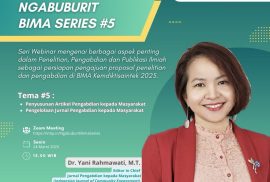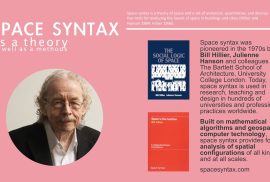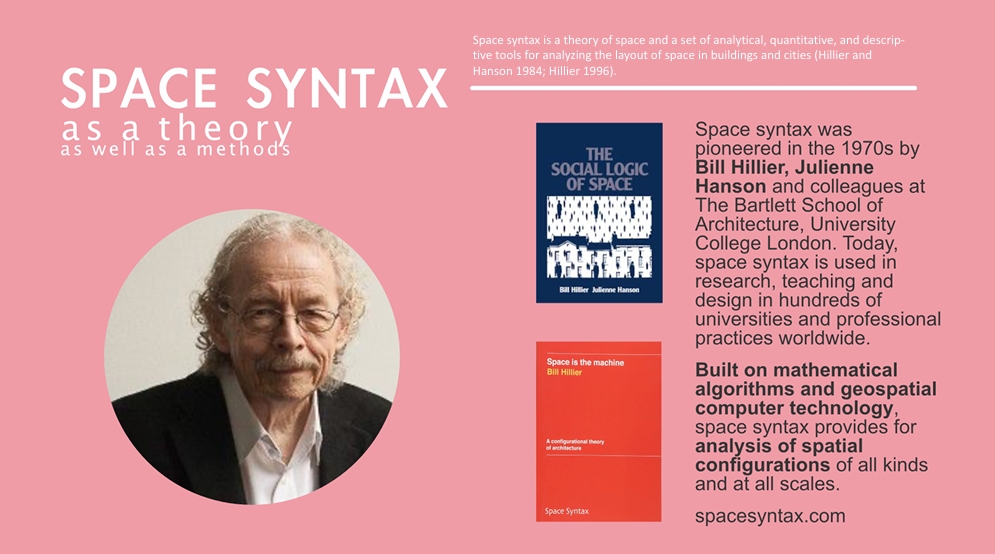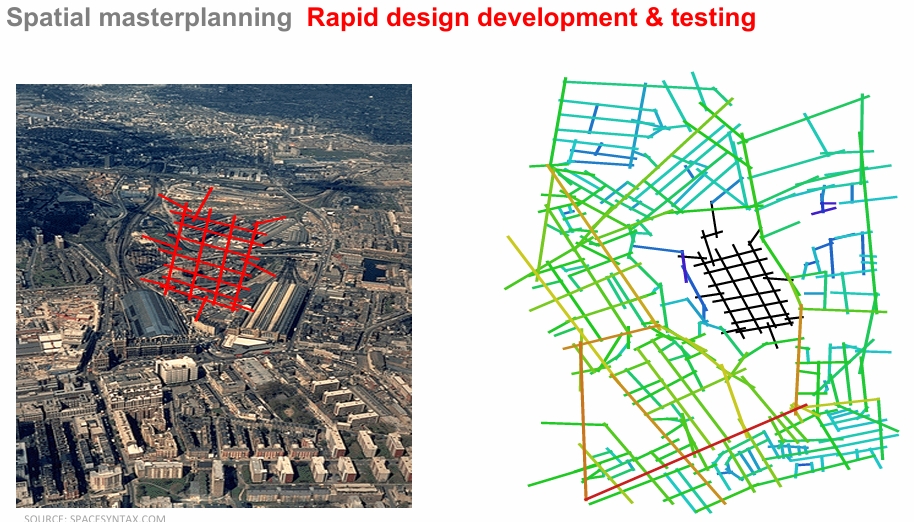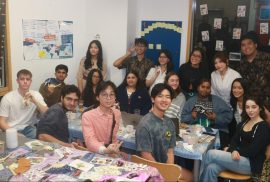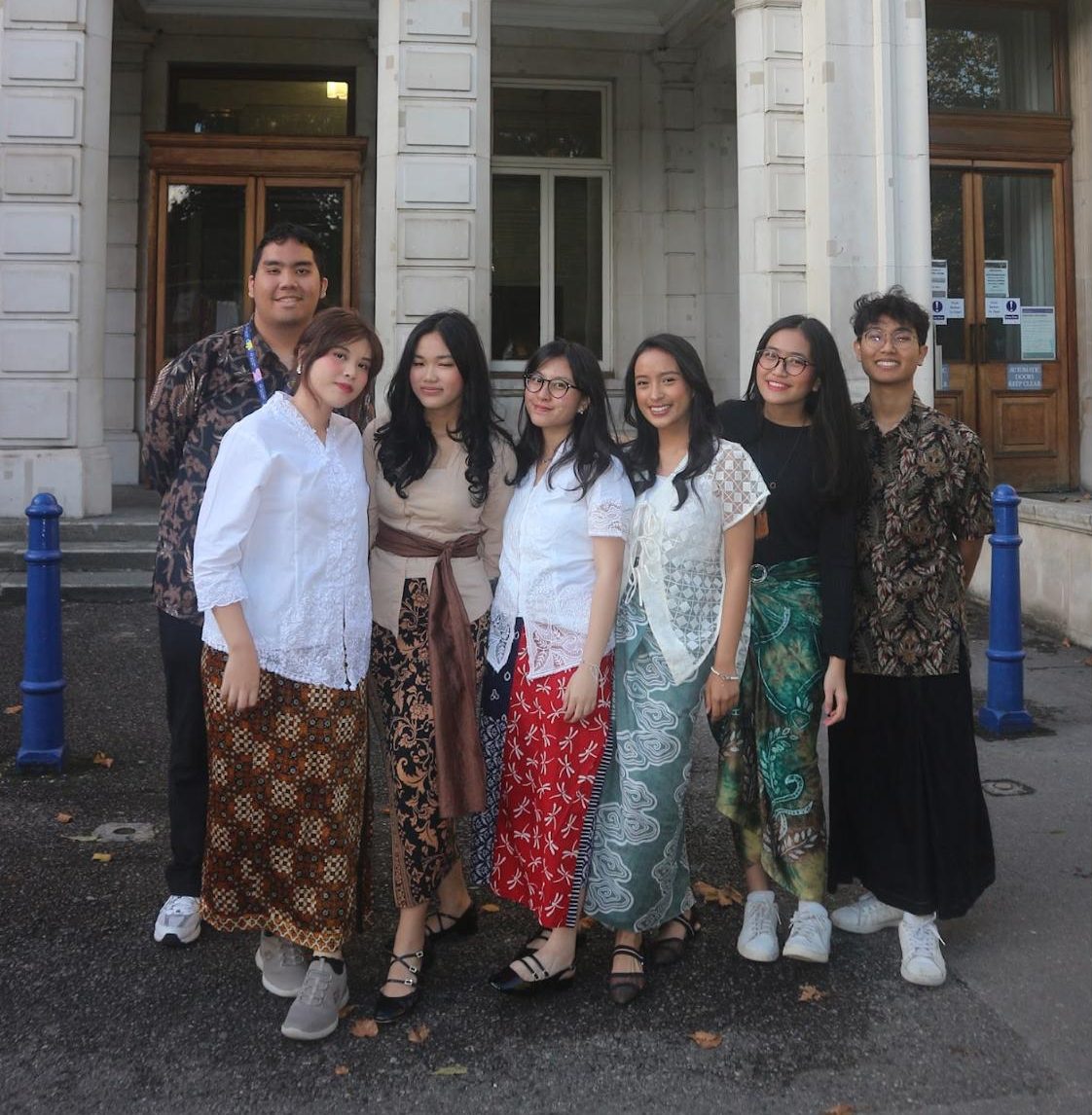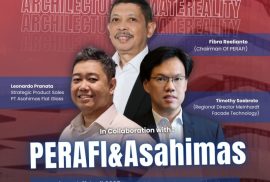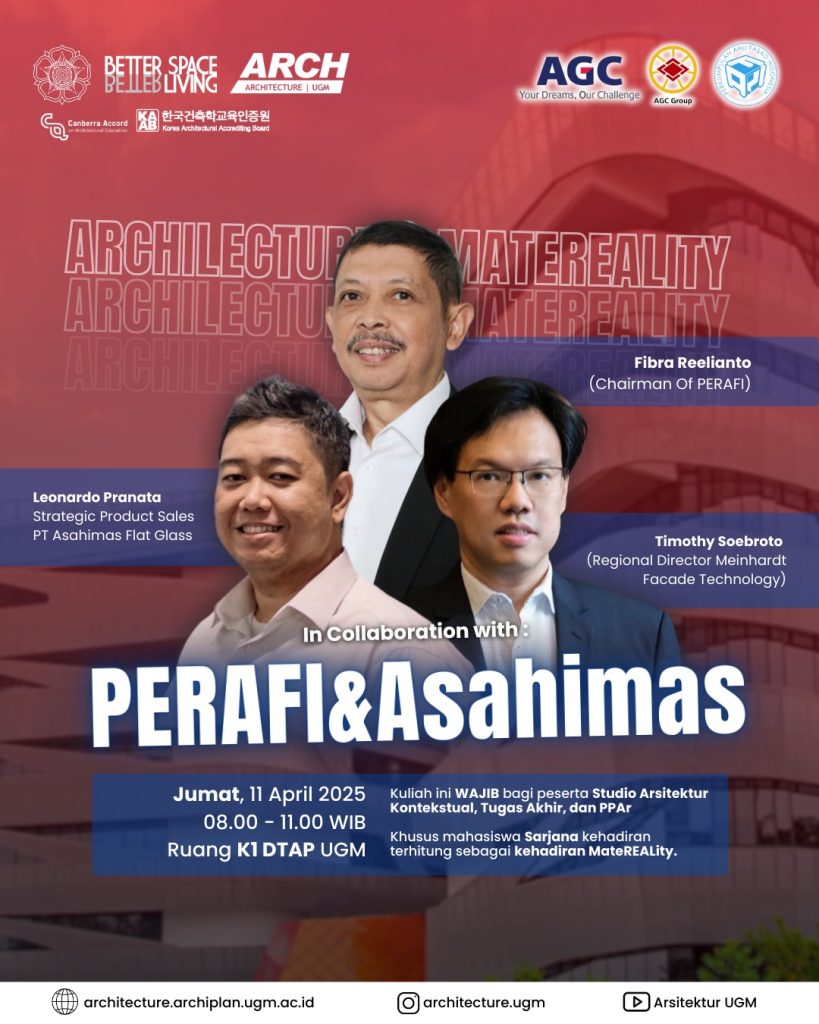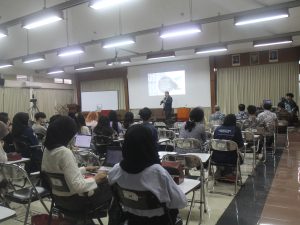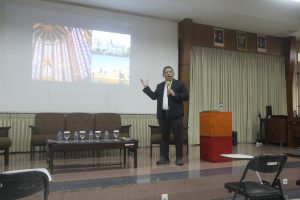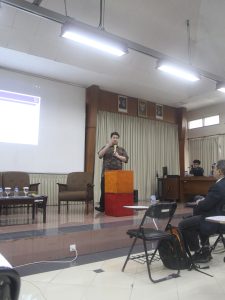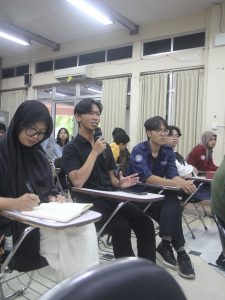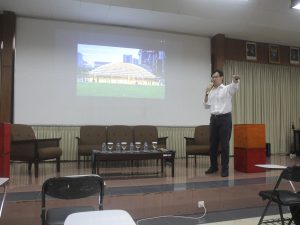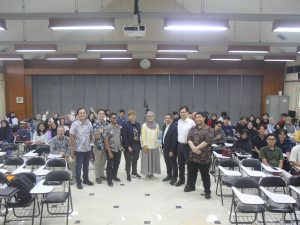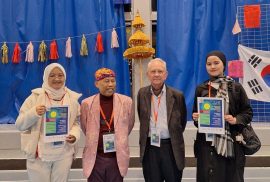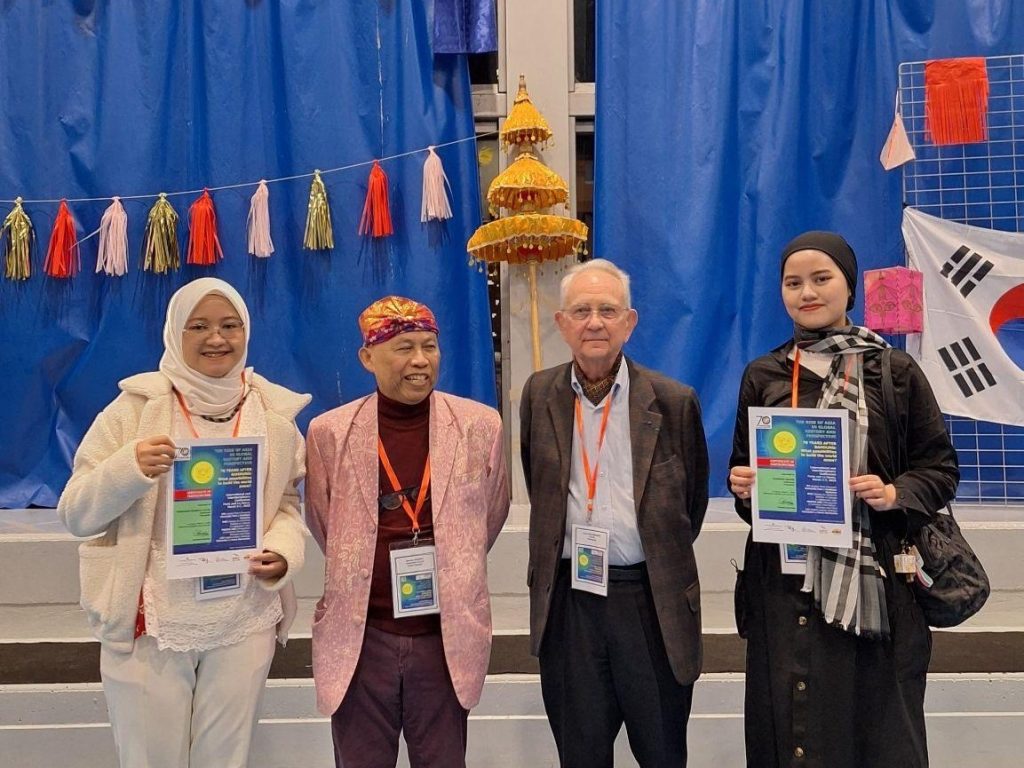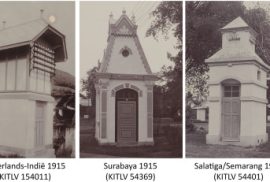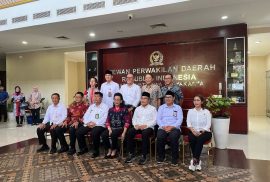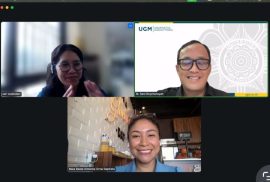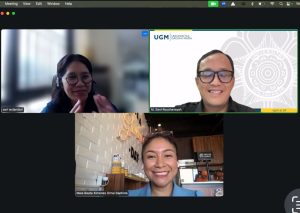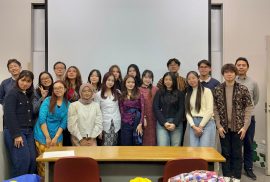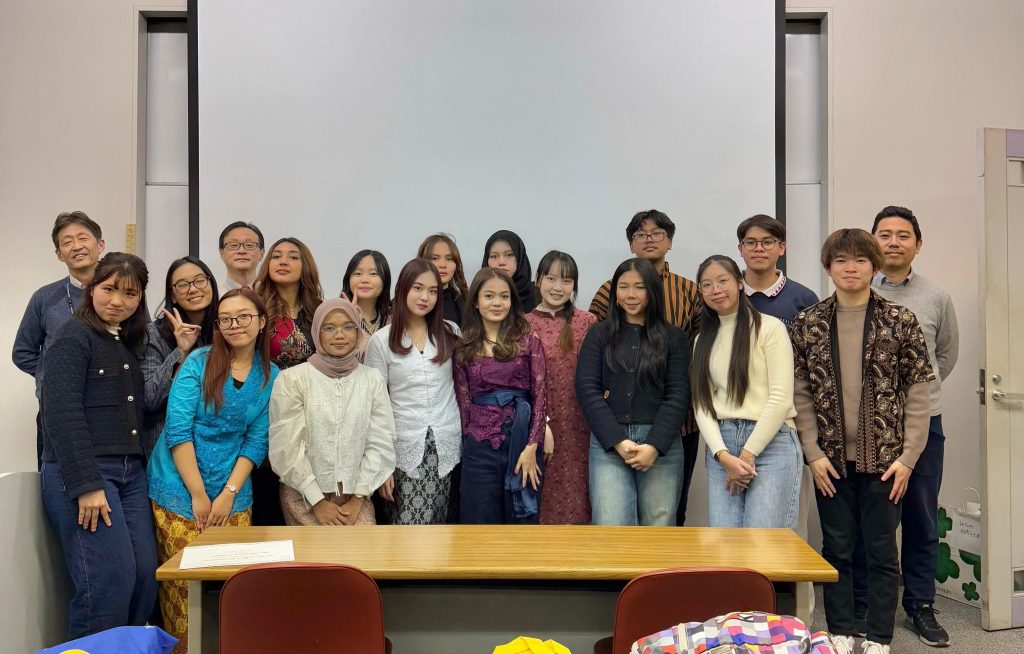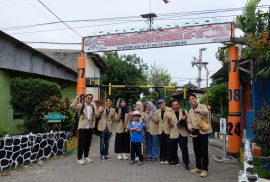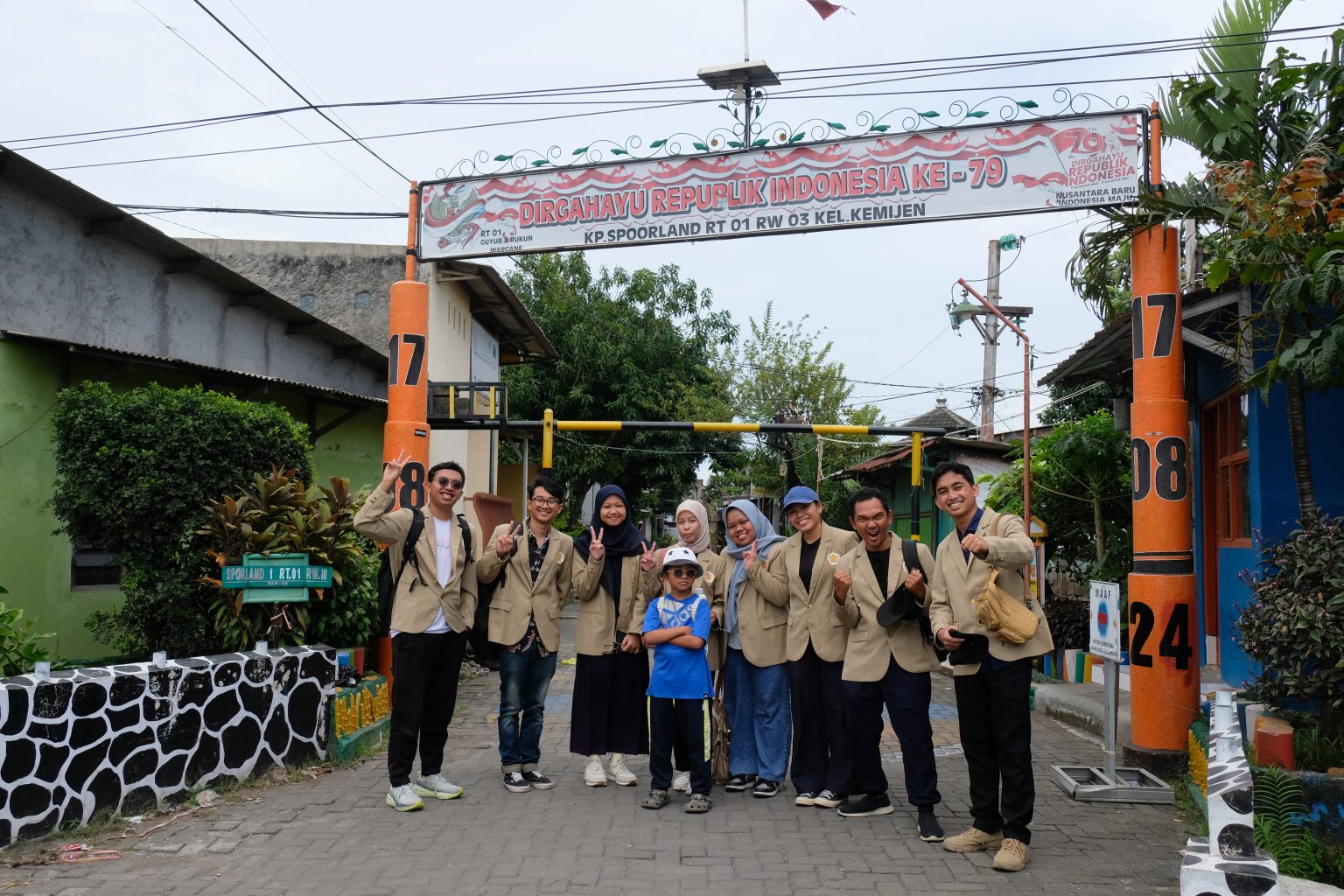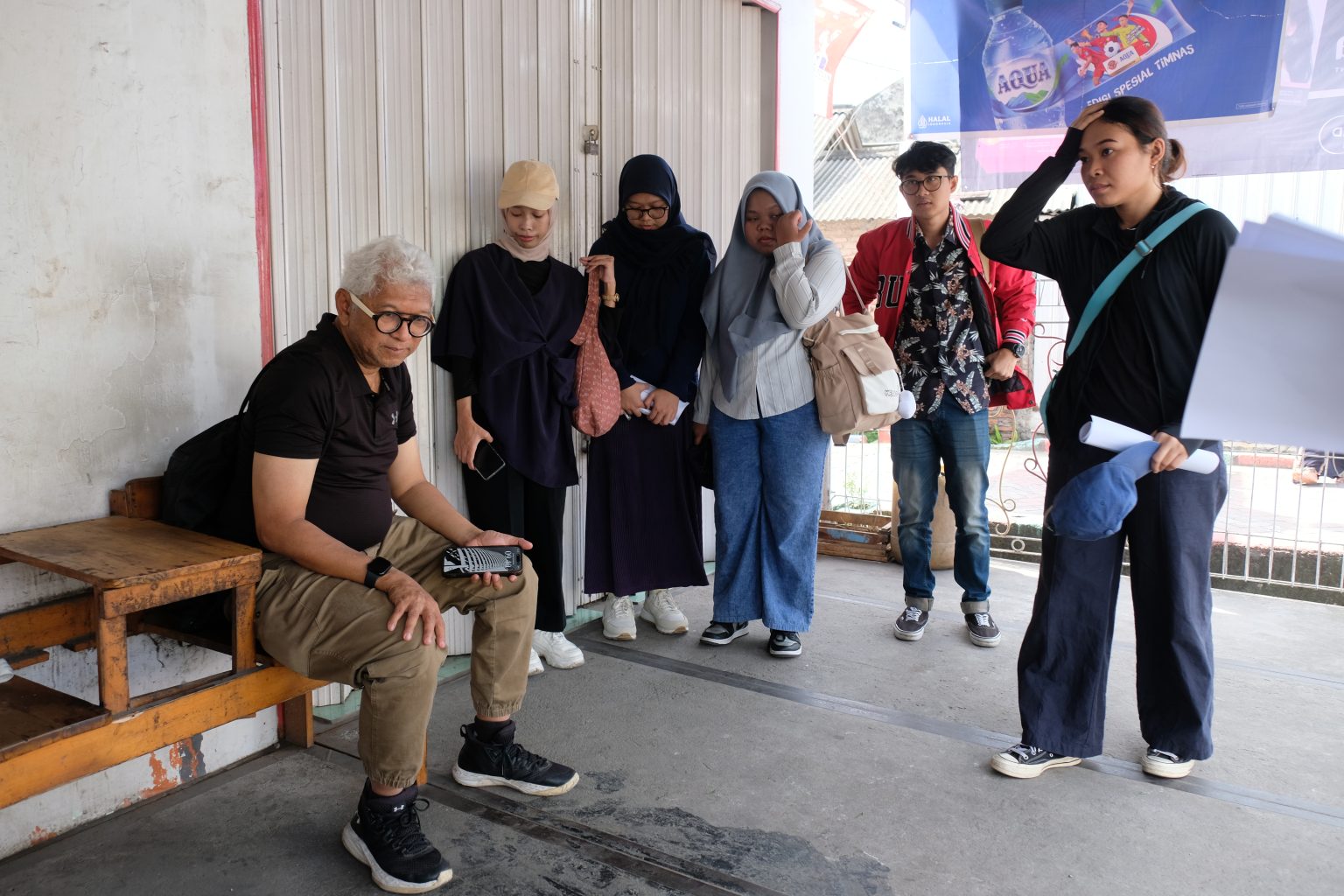In preparation for the submission period of research and community service proposals at BIMA Kemdiktisaintek 2025, Lembaga Penelitian dan Pengabdian Masyarakat (LPPM) of Universitas Nahdlatul Ulama Sunan Giri (UNUGIRI) organized a webinar series titled “Ngabuburit BIMA Series.” Held every Monday and Thursday during Ramadan, the series featured various speakers, including Dr. Yani Rahmawati, S.T., M.T., a lecturer in the Department of Architecture and Planning (DTAP), Chief Editor Indonesian Journal of Community Engagement (JPkM UGM), and Managing Editor of the Journal of Community Service, Research, Creativity, Innovation, and Appropriate Technology (Parikesit Journal, UGM), who spoke in Series #5 on Monday, March 24, 2025.
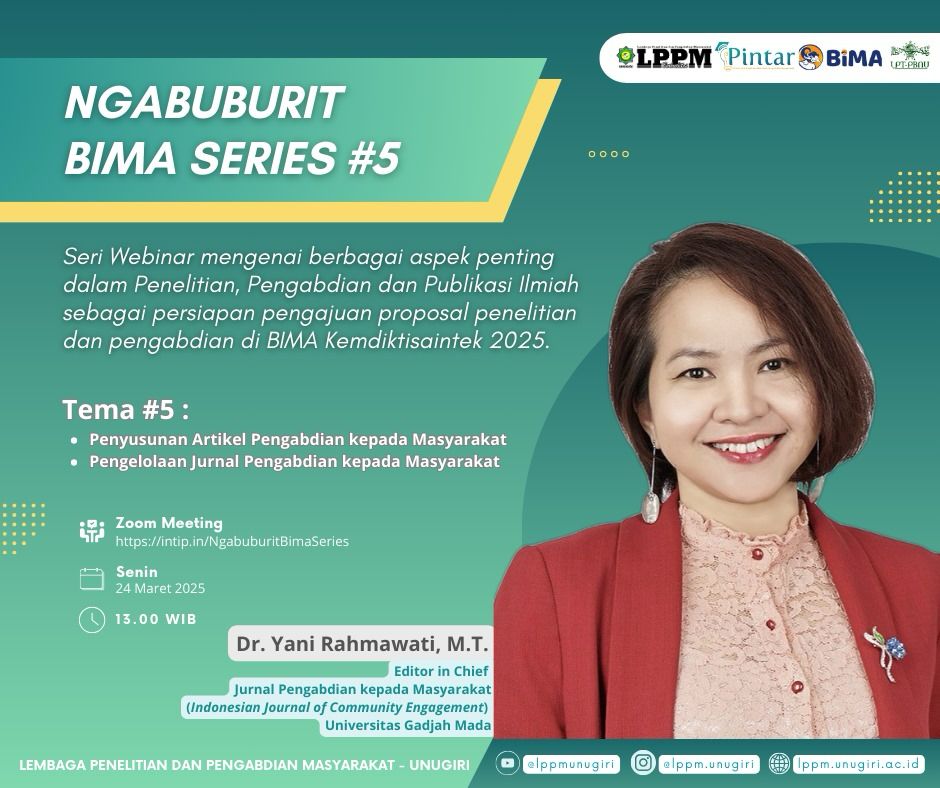
The webinar, conducted online via Zoom, welcomed participants from the general public and academic institutions. Dr. Yani’s first presentation focused on “Writing Scientific Articles for Community Engagement Activities.” She covered the entire writing and publication process, from preparation and crafting key components to strategies for enhancing visibility and publication opportunities. Dr. Yani emphasized that articles should not merely report activities but offer in-depth analysis on community impacts, program sustainability, obstacles, and their alignment with broader national development agendas. This aligns with SDG 4 on Quality Education, which promotes enhanced academic and community capacity to produce impactful knowledge. Ethics and integrity were highlighted as essential in maintaining article quality and safeguarding the dignity of the community involved. A lively Q&A session wrapped up the first presentation.
The second presentation, “Managing SINTA-Accredited Community Engagement Journals,” drew on Dr. Yani’s experience as Chief Editor of UGM’s Jurnal Parikesitl. She shared insights on forming editorial teams, peer review processes, maintaining article quality, and increasing visibility and citations. These strategies are crucial for journal managers aiming to achieve SINTA accreditation, a benchmark for credibility in Indonesia. This discussion supported SDG 9 on Industry, Innovation, and Infrastructure through improved scientific publication management and SDG 17 on Partnerships for Goals by fostering collaboration between academics and institutions for broad societal impact. Dr. Yani also addressed common challenges and solutions in journal management.
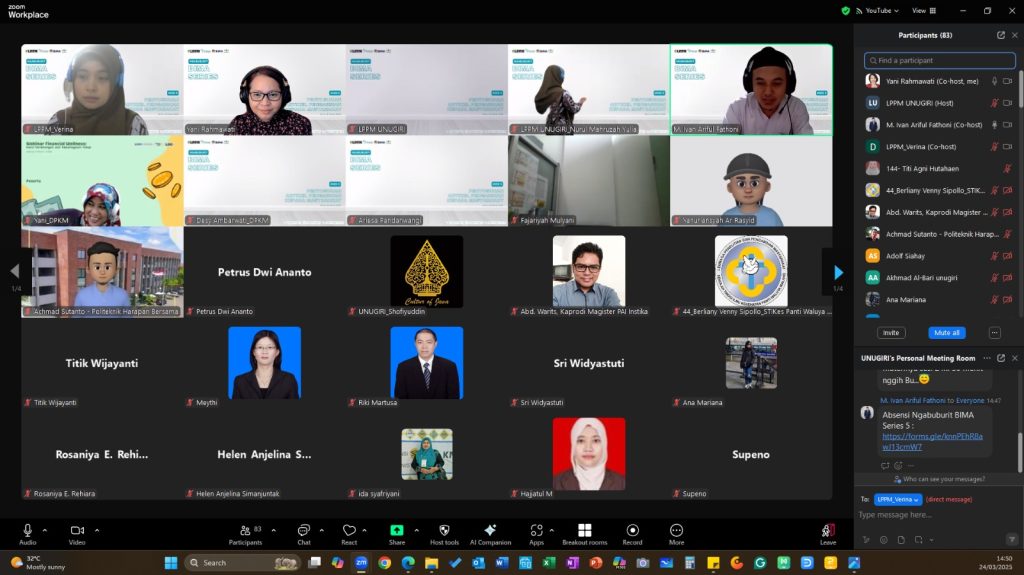
Concluding before breaking the fast, the webinar offered participants valuable insights and inspiration to refine their abilities in scientific writing and journal management. By building capacity in these areas, attendees are empowered to contribute impactful knowledge and support scientific advancement in Indonesia. (SDGs 4, 9, 17).

